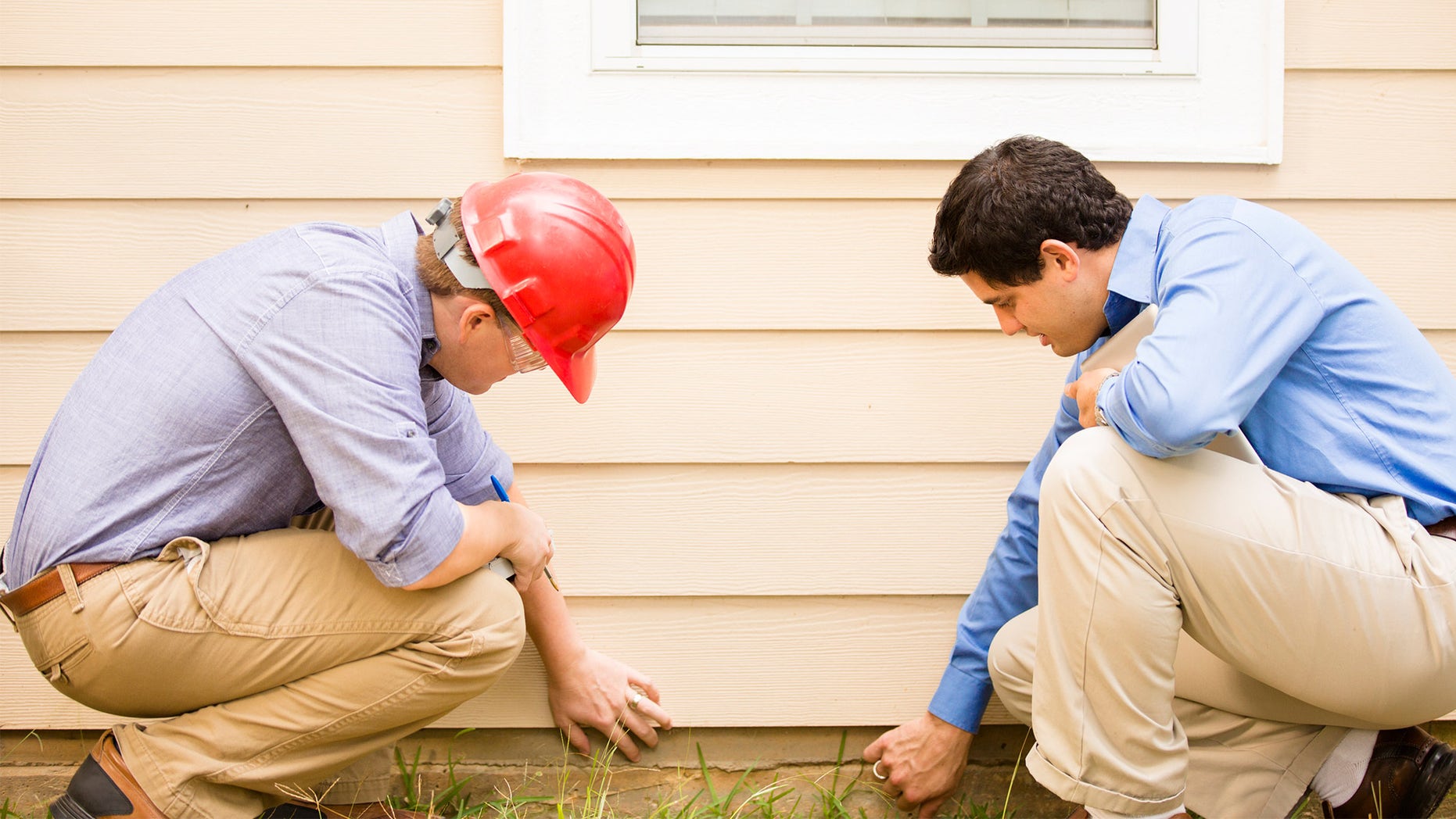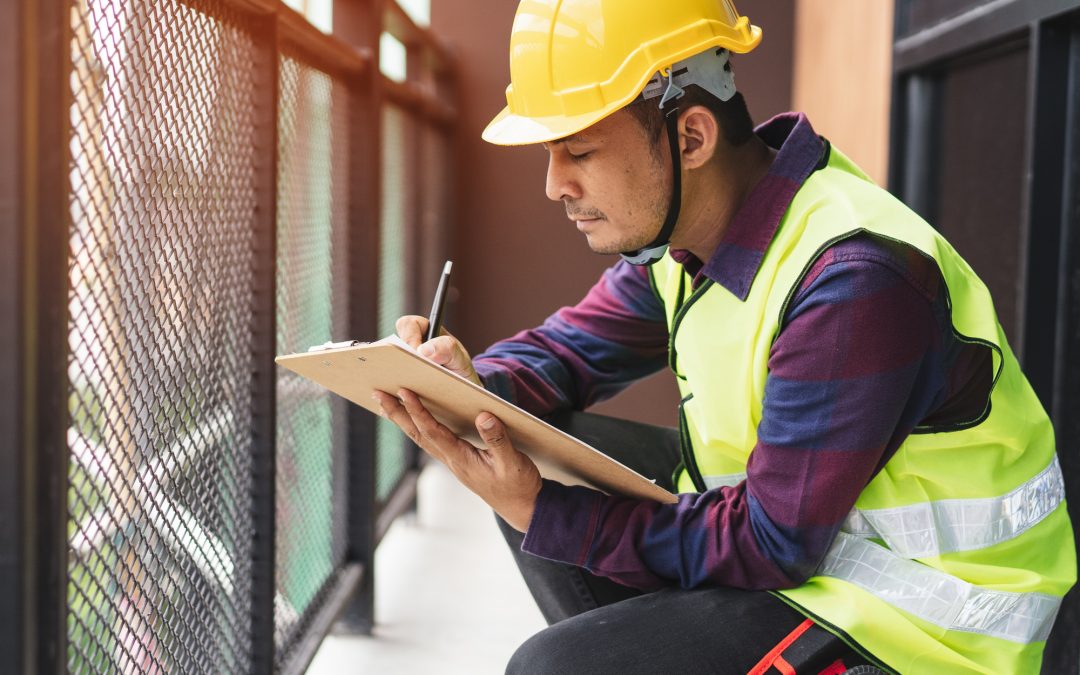Table Of Content

Tests for radon, termites, mold, lead, and asbestos along with a sewer scope test will add to that cost, but typically those tests will cost less if you purchase them with a home inspection. The TIE is an open forum for CREIA members to discuss the technical aspects of home inspections & receive feedback from other CREIA members. Share it with the CREIA community and discuss with other Certified & Master inspector.
Who pays for a home inspection?
The buyer will make the offer contingent on the inspection results and ask the seller to make repairs or reduce the contract price if the home inspector finds significant problems. If the problems are serious enough, the buyer may decide to cancel the purchase. Since home inspectors check many systems and features, it’s essential to prepare your home for an inspection.
Trump's White House Medical Unit dispensed drugs improperly, watchdog finds - The Washington Post - The Washington Post
Trump's White House Medical Unit dispensed drugs improperly, watchdog finds - The Washington Post.
Posted: Thu, 25 Jan 2024 08:00:00 GMT [source]
Ask What You Get for the Price
Some findings are unimportant, but others are important for safety and functionality. It’s not about finding faults; it’s about ensuring you’re well-informed. Armed with an inspection report, both parties can make informed decisions.
COMMONLY ASKED QUESTIONS ABOUT HOME INSPECTIONS
Inspectors without specialized credentials typically charge around $300 to $1,000, depending on the home's location and size, the inspector's experience, and the scope of the inspection itself. If you need homeownership advice, a rate quote, or any other service, click the link below to request personalized help for your home buying goals. If you’d like to buy a home warranty to protect systems in your home, your home inspection could help you decide what level of protection to buy. Some warranties let you choose which systems in your home to protect. Your inspection should show your home’s most vulnerable systems. However, cherry-picking small problems that are quick, easy, and inexpensive to fix can drastically shorten the list of defects a report turns up.
What Home Inspectors Don’t Do?
With every Elite Home Inspection, you will receive a full inspection report of the 1,800+ items that have been reviewed by one of our Certified Inspectors. Elite offers inspection packages and optional add-on services to create the perfect inspection experience for each client. A home inspection is a professional assessment of your home’s systems and structure.

To the untrained eye (which is most of your buyers), major issues like foundation problems, termite damage, or a roof that’s past its prime may not stand out. But when your buyers hire a professional to glean information about the home’s condition, they will see these less obvious issues. When making your real estate purchase agreement, your real estate agent included an inspection contingency clause.
Rather, they’ll focus on things like how much life the shingles have left and whether the peeling exterior paint could be a source of water intrusion. In a special inspection, qualified professionals will look thoroughly for flaws not included in a basic home inspection checklist. These special inspections could find issues early on and save you a lot of money in the long run. The list above doesn’t mean your home inspector won’t look at any of these things. But they might not be knowledgeable enough to deem them safe in a home inspection. A more custom inspection should be performed by a professional who is well-versed in each specific area.
Sellers might opt to fix issues, while buyers can reconsider their offer. You can fix problems before listing, making your property more attractive and valuable. A home inspector does a visual inspection of the property and its systems. They inspect the exterior, interior, structure, and roofing for visible defects. They also test the electrical, plumbing, and HVAC systems. Home inspectors can also identify health hazards like lead paint, asbestos, mold, and radon.
I’ve had the great opportunity to work with Philip Reams on two inspections and he has been excellent to work with each time. He’s very knowledgeable and took time to answer all our questions. He put everyone at ease about the inspection and made the overall experience great.
To find a reputable inspector, first ask friends who have recently purchased a home whether they recommend the person they used. You can also find referrals through local online communities such as NextDoor or Patch, where members sometimes post their experiences. A crowdsourced directory such as Yelp, and home services sites such as Angie's List and HomeAdvisor, may also be helpful. If your client is the seller, you may need to help them decide what steps to take to correct the issue. If your client is the buyer, you will have to sit down with them to discuss whether this is the right house for them to purchase. If you can negotiate with the seller in terms of which projects each party is going to tackle, you may still be able to salvage what seemed like a doomed transaction.
Have your clients ask the home inspector if there are concerns about how water drains away from the home. Make sure the inspector also checks for pooling anywhere on the property that might be of concern. You want your clients to work with a professional who knows the importance of staying on top of the latest news and information in the industry.
Choosing an inspector that can perform more than one type of inspection may get you a more detailed report so you can gain a clearer understanding of the true condition of the home. The more areas the inspector specializes in, the more thoroughly they can inspect the home. This can help you save time since you won’t have to schedule additional inspections before moving forward in the buying process. Speaking of costs for inspection services, make sure you get a detailed quote from a few inspectors. While the average cost of a home inspection is $281 – $402, according to HomeAdvisor, you’ll need to consider your location and the size of the home.
When your home inspector completes the inspection, he or she should provide your report in about a week. The report documents all findings along with recommendations for any repairs that should be made. A warning is issued after an inspector documents violations that must be corrected by a certain date or within a specified number of days from receipt of the inspection report.
























